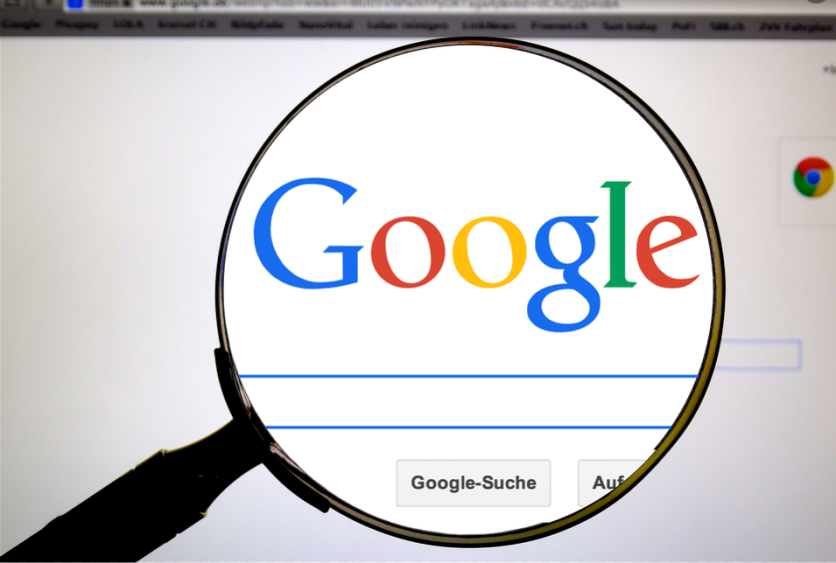
Google's Arizona lawsuit accuses the tech giant of purposely making it difficult for users to check their privacy settings.
The unredacted documents in Arizona's lawsuit against Google show that the company executives and engineers were aware that the search giant had made it difficult for smartphone users to keep their location information private.
Google's Arizona Lawsuit Details
According to Business Insider, the documents suggest that Google collected location data even after the smartphone users had turned off their location sharing, and even made the privacy settings difficult for users to find.
Business Insider also reported that the documents show that Google pressured phone manufacturers into keeping privacy settings hidden, because the settings were very popular with the users.
Also Read: Google Faces Class-Action Lawsuit on 'Pay Discrimination' Issue That Sees Gender Inequality and Bias
March Brnovich, an attorney general from Arizona, filed a lawsuit against Google last year, alleging the company illegally tracked Android users' location without their consent, even if the users had disabled the location tracking features.
The lawsuit suggested that Google kept location tracking running in the background for some features, and only stopped the practice when users disabled system-level tracking.
The unredacted documents show one Google employee asked if there was no way to give a third party app your location and not Google, adding that it did not sound like something that Google would want revealed to the media.
Jose Castaneda, Google's spokesperson, said in an email to The Verge that Brnovich and their competitors driving this lawsuit have gone out of their way to mischaracterize their services.
They have always built privacy features into their products and provided robust controls for location data. They are now looking forward to set the record straight.
Engineers Also Confused of Privacy Settings
Last year, AZMirror reported that Google's privacy policy was created in a way to allow the applications that had location tracking turned off from using the location tracking information from another Google application that had location tracking on.
The company also had a series of reports that tracked how the AP story was seen and shared on social media and noted that 100% of the coverage was negative.
In 2018, Google officials testified before the House Judiciary Committee. The AG sought the notes and documents prepared for that hearing, but Google stated that those documents were protected by attorney-client privilege.
Google added that it has requested that the court redact portions of the documents that were released in order to protect proprietary and confidential information from competitors like Oracle.
Furthermore, Google contends that it has cooperated with the AG and provided tens of thousands of documents related to the AG's almost two-year investigation too.
This is not the only fight against the behemoth tech company the AG's office is involved in. In 2019, Brnovich joined an antitrust investigation of Google with 48 other states, and now the U.S Department of Justice is allegedly drafting a federal antitrust lawsuit to go after the company.
There are a total of 270 exhibits filed in the case, and so far 33 have been made public.
Related Article : Lawsuit Accusing Google Of Collecting Data Of Users During Incognito Browsing To Continue
This article is owned by Tech Times
Written by Sophie Webster
![Apple Watch Series 10 [GPS 42mm]](https://d.techtimes.com/en/full/453899/apple-watch-series-10-gps-42mm.jpg?w=184&h=103&f=9fb3c2ea2db928c663d1d2eadbcb3e52)



